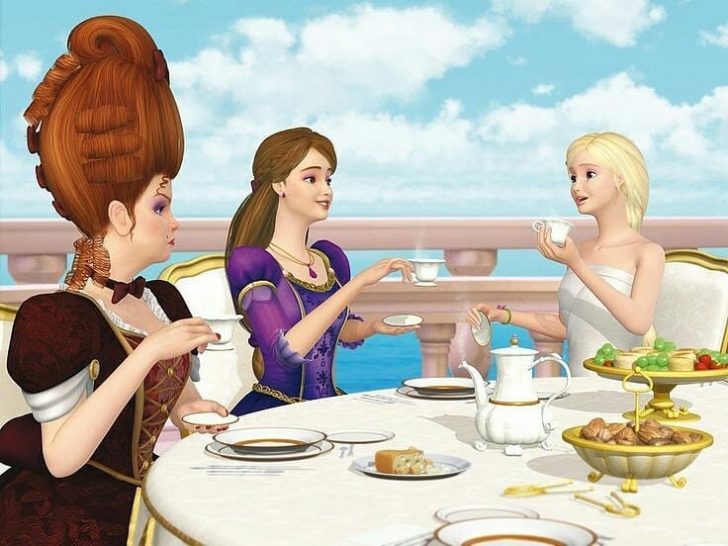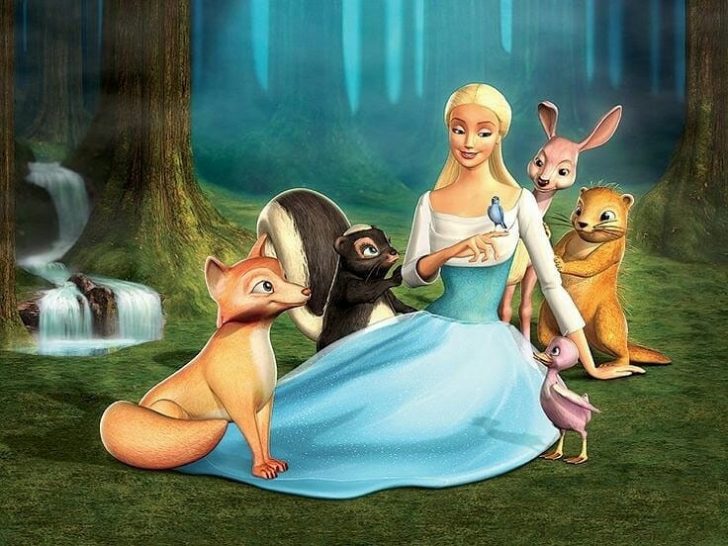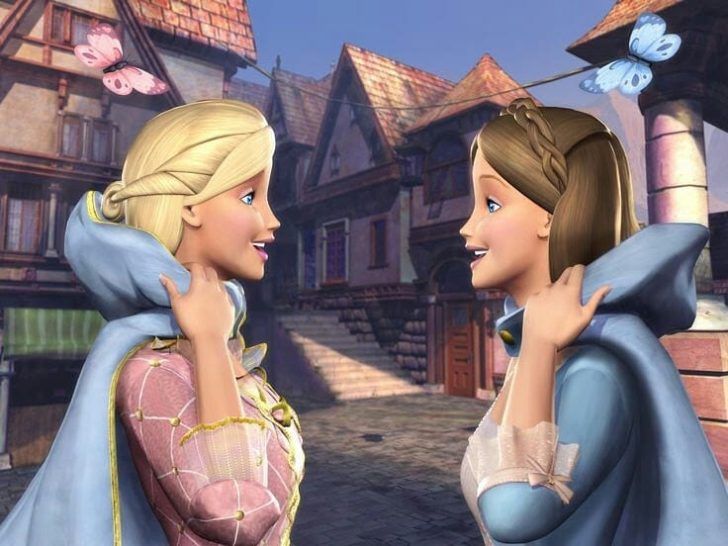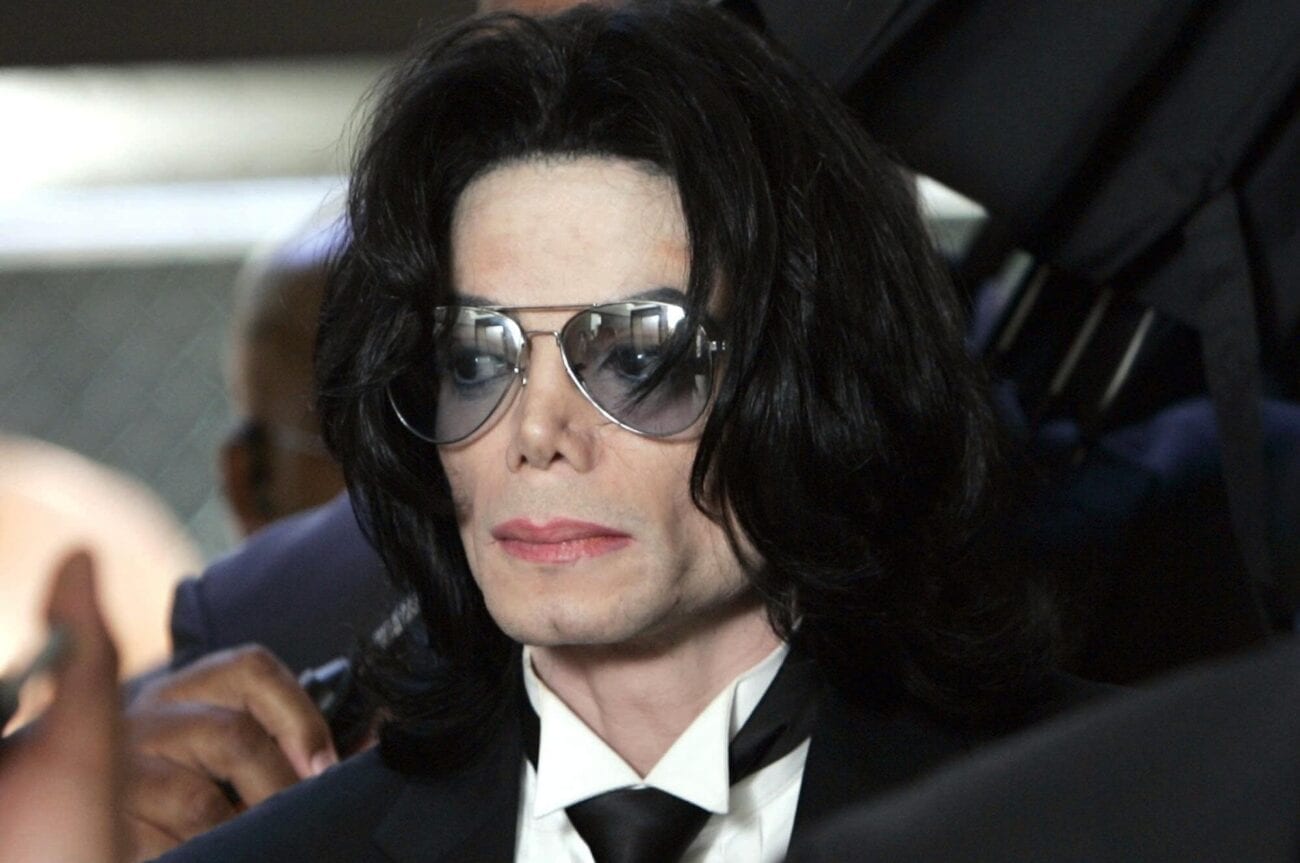In an era where Hollywood’s high-octane franchises and superhero epics dominate global cinema, the remarkable ascendancy of the Barbie movie in China’s box office presents a fascinating case study. This success becomes even more intriguing given the tepid reception of several American blockbusters in China, the world’s second-largest film market.

Barbie / IG / China is the second-largest film market. And Barbie movies are buzzing the Chinese film market.
The Barbie movie, surpassing expectations, has eclipsed stalwarts like “Mission Impossible” and the Marvel cinematic juggernauts.
The Power of Nostalgia and Cultural Relevance
At first glance, the Barbie movie’s plot might seem simplistic, primarily appealing through nostalgia. However, its success in China indicates a deeper cultural resonance. Unlike the conventional narratives of American action films, Barbie’s storyline offers a nuanced blend of individuality, aspiration, and the pursuit of dreams.
This narrative seemingly aligns with the contemporary socio-cultural milieu in China. A country where individual expression and aspiration are increasingly celebrated against traditional collectivist values.

Barbie / IG / The central theme of the Barbie movie that emphasizes self-actualization and personal identity resonates profoundly within Chinese society.
It mirrors the gradual shift from collectivist traditions to a more individualistic ethos, especially among the younger demographics. This thematic relevance could be a pivotal factor in the movie’s widespread acceptance and appeal. Thus, striking a chord with audiences seeking both entertainment and meaningful narratives.
The Underdog Surpassing Blockbuster Behemoths
The sheer scale of Barbie’s success in overshadowing established franchises like Mission Impossible and Marvel’s offerings is noteworthy. These franchises, known for their high production values, global appeal, and established fan bases, represent the quintessence of Hollywood’s blockbuster formula.
The fact that a movie centered around a cultural icon like Barbie could outperform these giants speaks volumes about the changing dynamics and preferences in China’s movie-going audience.
Marvel’s Eclipse: A Sign of Changing Tastes?
The specific instance of Barbie outperforming Marvel films is particularly significant. This divergence from the expected norm suggests a possible saturation of the superhero genre or a growing appetite for diverse narratives among Chinese audiences. It may also indicate a strategic miscalculation by Hollywood studios in understanding the evolving tastes of the Chinese market. A place where nuanced storytelling and cultural relevance are becoming increasingly important.

Barbie / IG / Gaining wide popularity in the Chinese box office, Barbie is outperforming Marvel films.
China’s stringent media censorship is a well-known hurdle for foreign films. In this context, Barbie’s smooth sail through the censorship process raises intriguing questions. The film’s apolitical narrative and universally appealing themes likely aided in bypassing the usual scrutiny faced by foreign films in China. This evasion is not merely luck but a strategic triumph, indicating a nuanced understanding of the regulatory landscape and audience preferences.
A Model for Future Foreign Films in China
Barbie’s success in this regard could serve as a blueprint for future foreign films looking to penetrate the Chinese market. It underscores the importance of crafting content that is not only culturally sensitive but also aligns with the regulatory frameworks, without compromising the artistic integrity of the film.
However, the impact of Barbie’s success extends beyond mere box office numbers. It represents a unique cultural exchange, where a quintessentially American icon resonates with Chinese audiences. This phenomenon could encourage more cross-cultural collaborations and narratives in cinema. Eventually, it will foster a richer global film landscape.







